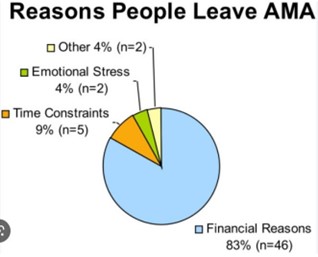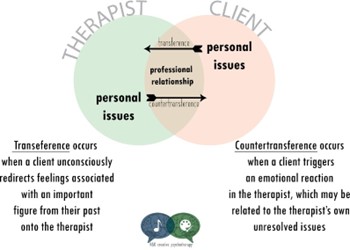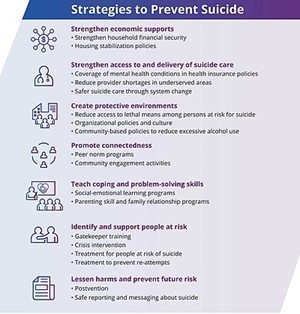An involuntarily hospitalized client tells the nurse: "Get me the forms for discharge against medical advice (AMA) so I leave the hospital now." What is the registered nurse's best initial response?
Select one:
"l will get them for you. but let's talk about your decision to leave treatment."
'Since you signed your consent for treatment, you may leave if you desire, it is ok."
“l can’t give you those forms without your health care provider's knowledge."
"I'll get the forms for you right now and bring them to your room."
The Correct Answer is A
This response acknowledges the client's request for the forms while also addressing the need to discuss the client's decision to leave treatment. It provides an opportunity for the nurse to explore the client's reasons for wanting to leave, discuss the potential consequences of leaving against medical advice, and address any concerns or fears the client may have about continuing treatment.
Option b is not appropriate because it does not address the potential risks associated with leaving treatment against medical advice.
Option c is also not appropriate because it does not acknowledge the client's request and is potentially misleading.
Option d is not appropriate because it does not address the client's reasons for wanting to leave or the potential consequences of leaving against medical advice.

Nursing Test Bank
Naxlex Comprehensive Predictor Exams
Related Questions
Correct Answer is C
Explanation
Countertransference refers to the feelings and emotions that a healthcare provider may have towards a patient. In this case, the nurse is experiencing sadness and reflecting on their own personal experiences with their grandparents while assessing the confused older adult. This can lead to the nurse projecting their own feelings and emotions onto the patient.

Correct Answer is ["A","E"]
Explanation
a. Initiate one to one constant supervision around the clock: A client who has attempted suicide is at high risk for further harm, and close monitoring is necessary to prevent further attempts. Initiation of one-to- one constant supervision around the clock ensures that the client is continuously monitored, and any signs of suicidal ideation or behavior can be immediately addressed.
e. Check the environment for possible hazards: It is important to check the client's environment for potential hazards, such as sharp objects, cords, or other items that could be used to harm oneself. This step helps to ensure the client's safety and prevent further attempts.
The other options are not appropriate or necessary in this situation:
b. Ensure the client's hands are always visible: This action may be necessary if the client has a history of self-harm or aggressive behavior, but it is not specifically related to preventing suicide attempts.
c. Tuck bedcovers over client's hands and arms: This action may be necessary if the client has a history of self-harm, but it is not specifically related to preventing suicide attempts.
d. Inspect the client's personal belongings: While it may be important to inspect the client's personal belongings for any items that could be used for self-harm, this action is not as urgent as initiating constant supervision and checking the environment for hazards.
f. Assign the client to a private room: While a private room may be beneficial for the client's comfort and privacy, it is not specifically related to preventing suicide attempts.
g. Place only plastic utensils on the client's meal tray: This action is not specifically related to preventing suicide attempts, unless there is concern that the client may harm themselves with utensils.

Whether you are a student looking to ace your exams or a practicing nurse seeking to enhance your expertise , our nursing education contents will empower you with the confidence and competence to make a difference in the lives of patients and become a respected leader in the healthcare field.
Visit Naxlex, invest in your future and unlock endless possibilities with our unparalleled nursing education contents today
Report Wrong Answer on the Current Question
Do you disagree with the answer? If yes, what is your expected answer? Explain.
Kindly be descriptive with the issue you are facing.
